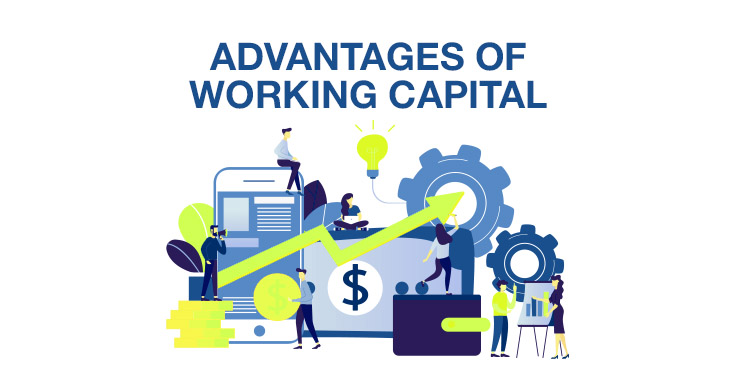The year 2024 has been a significant chapter for businesses in India, marked by transformative policies, rapid technological adoption, and growing financial inclusivity. These developments have not only streamlined business processes but also strengthened the foundation for future growth, especially for MSMEs. Here’s a closer look at the key milestones and changes that defined 2024 for businesses in India.
Revamping the supply chain
The Indian supply chain sector witnessed substantial growth, driven by both technological innovation and government support. The focus on digitisation improved visibility across supply chains, enhancing operational efficiency. Platforms like M1xchange, enabled under the TReDS framework, played a pivotal role in ensuring smoother cash flows for businesses, helping MSMEs secure timely payments.
Supply chain resilience became a priority, with businesses adopting strategies to mitigate risks, such as diversifying supplier bases and leveraging real-time data analytics. This shift ensured stability amidst global uncertainties and set the stage for more robust networks.
Strengthening MSMEs with TReDS
TReDS emerged as a game-changer for MSMEs in 2024. With the turnover threshold for mandatory onboarding reduced from ₹500 crore to ₹250 crore, a larger pool of corporates became part of this system. This inclusivity allowed MSMEs to discount their invoices seamlessly, improving their liquidity and reducing their dependence on traditional, often expensive, sources of finance.
Platforms like M1xchange facilitated this transition, providing MSMEs with a trusted ecosystem to manage working capital challenges efficiently. The ripple effects were evident in the form of increased production, timely order fulfilment, and enhanced financial health for smaller businesses.
Policy shifts to benefit MSMEs
The introduction of Section 43B(h) under the Income Tax Act brought a new wave of compliance that favoured MSMEs. This section mandates that payments to MSMEs be made within the stipulated credit period; otherwise, such expenses cannot be claimed as deductions. This reform was a direct boost to MSME liquidity, ensuring they received timely payments and reducing the financial strain caused by delayed receivables.
Additionally, the enforcement of MSME Form 1 pushed companies to declare their outstanding dues to MSMEs. This policy not only enhanced transparency but also ensured that larger corporations remained accountable to their smaller counterparts.
Accelerated Tech Adoption
Technology adoption gained unprecedented momentum in 2024, fuelled by the growing need for efficiency and resilience. Both corporates and MSMEs embraced tools like artificial intelligence, blockchain, and cloud computing to enhance operations.
- MSMEs leveraged digital platforms to access financing, manage supply chains, and improve customer engagement. Platforms like M1xchange became essential, offering seamless access to trade financing solutions.
- Corporates focused on automating processes, from procurement to payments, ensuring compliance with regulatory requirements and improving overall productivity.
The rise of fintech platforms bridged the gap between technology and finance, making it easier for MSMEs to access affordable and timely credit.
The Road Ahead
2024 was a year of progress and promise for Indian businesses. With policies favouring timely payments, greater access to financing through TReDS, and accelerated tech adoption, MSMEs found themselves better equipped to navigate challenges and seize opportunities.
As we step into 2025, the emphasis on financial inclusion, supply chain optimisation, and regulatory compliance will continue to drive growth. For platforms like M1xchange, the journey of empowering businesses is far from over. By addressing cash flow concerns and fostering collaboration between MSMEs and corporates, the Indian business ecosystem is set to achieve new milestones in the years to come.
In summary, 2024 was not just a year of change but a blueprint for a brighter future for businesses in India.
Last modified: December 17, 2024














